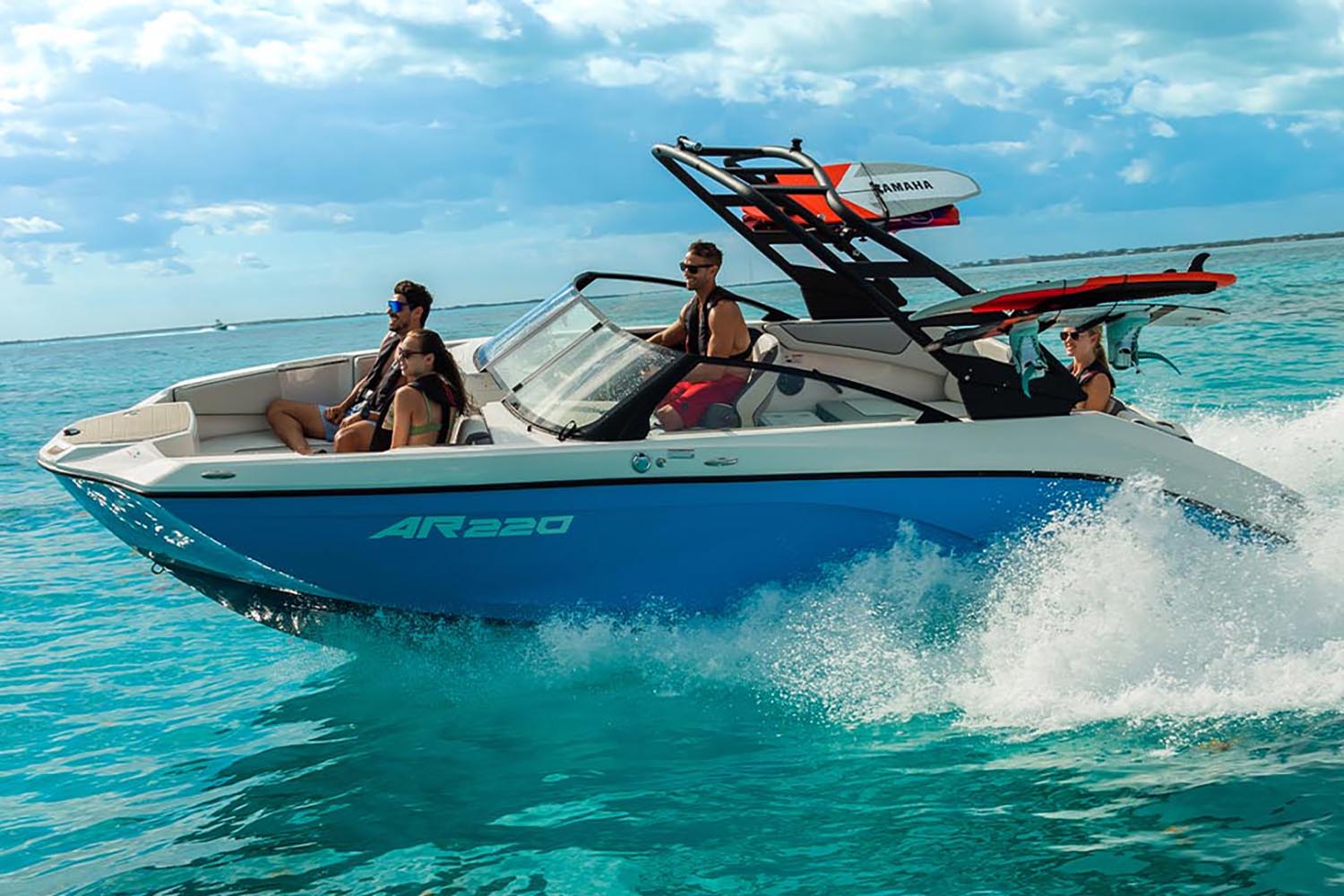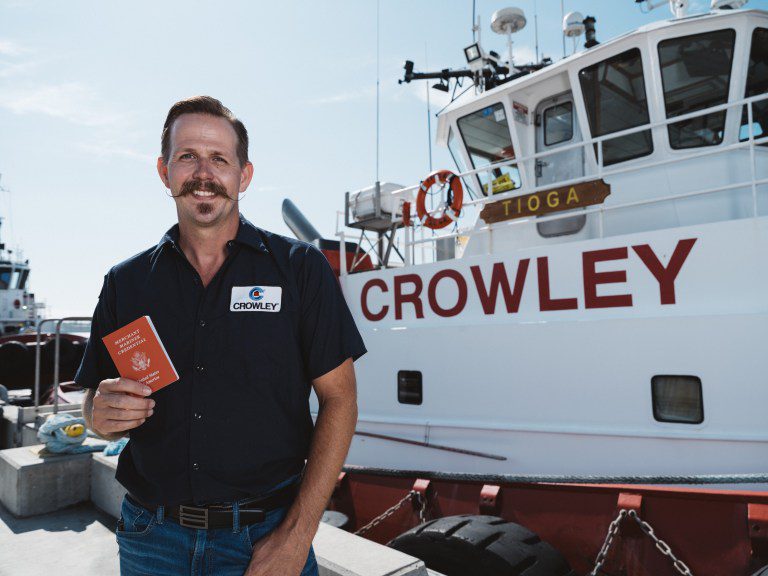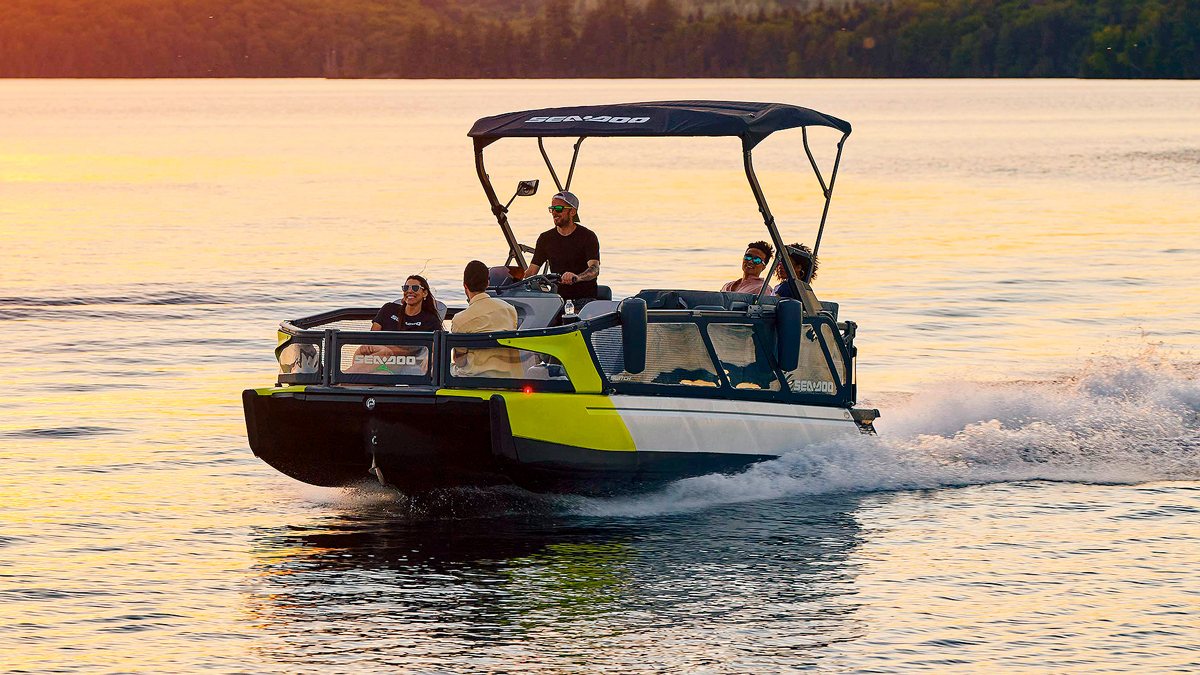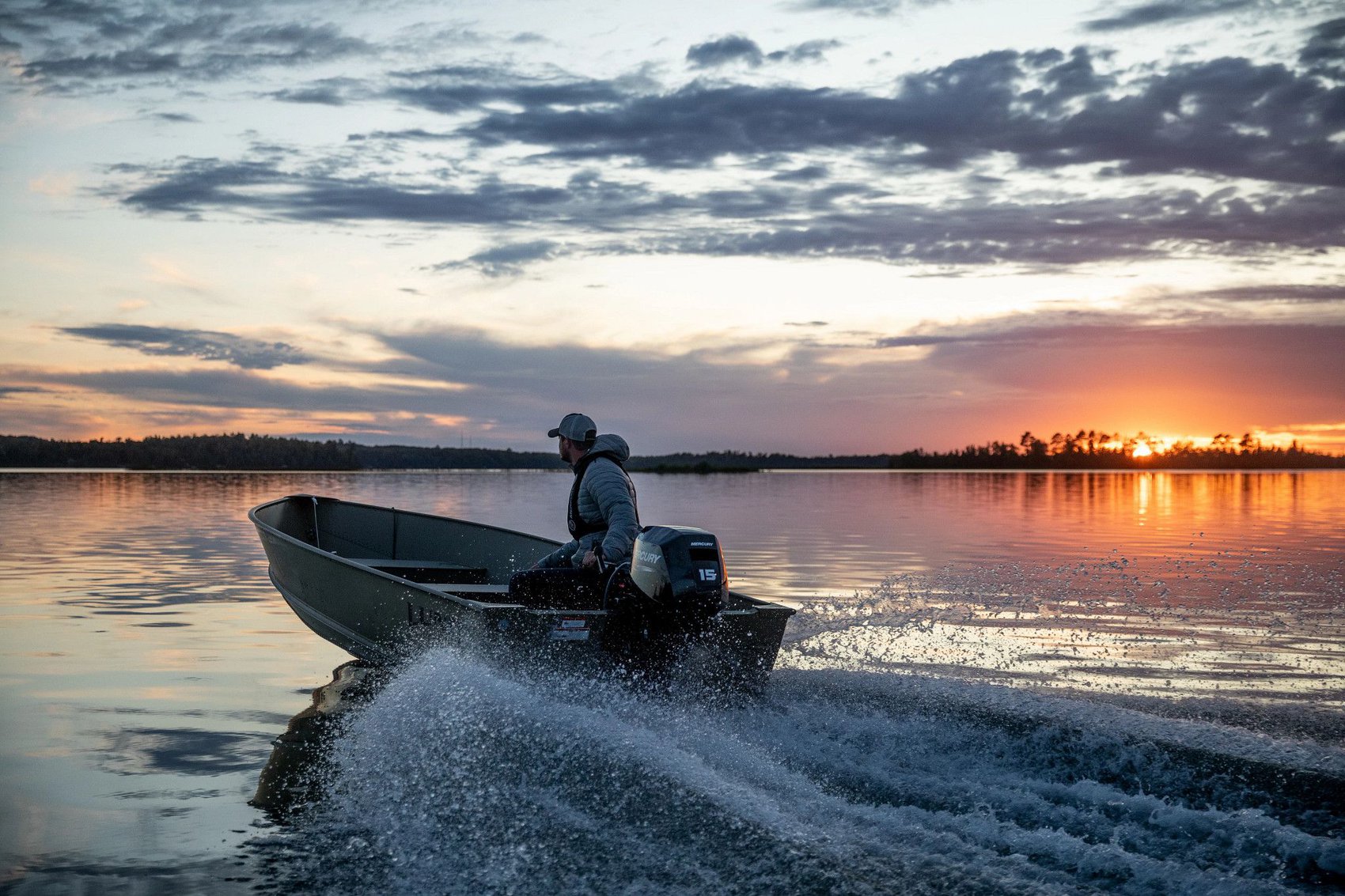Texas Boating License: Essential Guide for Safe Sailing
Boating is a popular recreational activity in Texas, and many residents and visitors take to the state's waterways to enjoy a day out on the water. To ensure the safety of all individuals involved, the state of Texas requires those operating certain vessels to obtain a boating license. This license demonstrates that the operator has completed a comprehensive boater education course and is knowledgeable about the laws and regulations surrounding the operation of watercrafts.
In Texas, anyone born on or after September 1, 1993, must complete a Boater Education Certification Course to operate specific vessels on public waterways. These courses are taught by various organizations, such as the US Coast Guard Auxiliary, US Power Squadron, and Texas Parks & Wildlife Department's trained volunteer instructors. The courses cover various topics related to boating, including license requirements, watercraft registration and insurance, and the penalties and fines associated with violating boating laws.

Key Takeaways
- A Texas boating license is required for certain operators born on or after September 1, 1993
- Comprehensive boater education courses are essential to ensure individuals understand all aspects related to boating, ranging from laws to vessel operation
- The Texas Parks & Wildlife Department is the primary authority in overseeing boating licenses and education courses.
Understanding Texas Boating License
A Texas boating license is essential for individuals born on or after September 1, 1993, who wish to operate certain vessels on public waterways in Texas. The Texas Parks & Wildlife Department (TPWD) administers the boating license program and enforces the state's water safety laws.
To obtain a boating license in Texas, applicants must complete an approved boater education certification course. This course provides comprehensive information about the state's boating laws and safe practices for vessel operation. The BoatUS Foundation's online course is one such approved course; it is available for free and satisfies the mandatory education requirements for boaters and personal watercraft (PWC) operators born on or after September 1, 1993.
After completing an approved boater education course, the applicant will receive a certification card. This serves as proof that they have completed the necessary training and are legally allowed to operate a boat in Texas. It is important for boaters to carry this card with them while operating a vessel on public waterways in the state.
While boaters over a certain age are not required to obtain a boating license, it is still recommended that they familiarize themselves with Texas' boating laws and safety requirements to ensure a safe experience on the water. The Handbook of Texas Boating Laws and Responsibilities is a valuable resource for boaters of all ages, providing detailed information about the rules and regulations that govern boating in the Lone Star State.
In summary, the Texas boating license and boater education certification are crucial for younger boaters and PWC operators in the state. By completing the required course, understanding the laws, and practicing safe boating habits, individuals can enjoy a fun and secure time on Texas waterways.

License Requirements
Residency Requirements
Whether you are a resident of Texas or a resident of another state, you must obtain a Texas boater education certificate to operate certain vessels on Texas public waterways. Non-residents are required to comply with the same regulations as Texas residents.
Age Requirements
The age requirements for obtaining a boating license in Texas are as follows:
- Boat operators born on or after September 1, 1993, require a boater education certificate to operate certain vessels on Texas public waterways 1.
- Texas residents under the age of 13 are not allowed to operate a boat alone under any circumstances 2.
Education Requirements
The process to obtain a boater education card or boater education certificate in Texas involves completing a mandatory education course. The BoatUS Foundation's Online Course is a free, Texas Parks & Wildlife Department-approved course that fulfills the education requirements for boaters and personal watercraft operators born on or after September 1, 1993 3.
The Texas boater education certificate must be carried by the boat operator while operating a vessel, as required by Texas law. The certificate is proof that the operator meets the boater education requirements and has passed a course meeting the National Association of State Boating Law Administrators' (NASBLA) standards 4.
To summarize, the license requirements for boating in Texas include residency compliance, age requirements, and completion of a state-approved boater education course. Boat operators must carry their boater education certificate with them while operating a vessel in Texas waters to ensure compliance with state laws and regulations.

Comprehensive Boater Education
In Texas, boating education is a crucial aspect of ensuring boater safety and compliance with state regulations. This section will explore the available boater education courses, including classroom courses and online courses, detailing the content and process involved in obtaining a Texas boating license.
Classroom Courses
Classroom courses offer a traditional learning environment where individuals can engage in interactive lessons with certified instructors. These in-person classes typically cover the fundamentals of boating safety, responsible boating practices, and Texas boating laws. Some classroom courses may also provide opportunities for hands-on practical training and examinations to reinforce learning.
- Boater Education providers: Several organizations, such as Texas Parks & Wildlife Department, offer boater education courses. Informative programs may also be hosted by non-profit organizations like the BoatUS Foundation.
- Course Duration: Classroom courses vary in duration depending on the provider and curriculum, but most generally range from 6 to 8 hours in total.
- Certification: After successful completion of a classroom course, participants receive their boater education certificate, which is a requirement for operating specific vessels on Texas public waterways for individuals born on or after September 1, 1993.

Online Courses
For those who prefer a more flexible learning approach, online courses provide a convenient alternative to the traditional classroom setting.
- Boater Education providers: Reputable online course providers include boat-ed.com and boaterexam.com. These courses are approved by the Texas Parks & Wildlife Department.
- Course Content: Online boating courses cover essential topics, such as navigation, waterway laws, safety equipment, emergency response procedures, and environmental protection practices. Participants can access course materials at their own pace.
- Assessment: Online courses often include quizzes throughout the lessons and a final exam that must be successfully completed to obtain certification.
- Certification: Upon passing the final exam, individuals receive their boater education certificate. It's important to note that persons of the required mandatory education age must carry a photographic ID card and a boater education certification card issued by the TPWD while boating.
Overall, comprehensive boater education courses equip Texas boaters with the knowledge and responsible practices needed to ensure their safety and compliance with state regulations, whether they choose a classroom or online learning environment.

Vessels and Personal Watercraft
Motorized Boats
Motorized boats in Texas include powerboats and other vessels with engines over 15 horsepower. These boats are required to follow Texas laws, safety equipment regulations, and must have proper title and registration if over 14 feet in length. It is essential for operators of motorized boats to receive boating education and have a valid boating license to ensure safety and compliance with Texas regulations.
Windblown Vessels
Windblown vessels, such as sailboats, are boats that rely on wind power for propulsion. In Texas, windblown vessels over 14 feet in length need to have proper title and registration but are not required to have a motorized boating license. Windblown vessel operators must adhere to basic safety requirements and navigational rules to ensure safe operation on Texas waterways.
Personal Watercraft (PWC)
Personal Watercraft (PWC) are unique vessels that are designed to be operated by a person or persons sitting, standing, or kneeling on the vessel, rather than inside it. Common examples include jet skis and wet bikes. PWC operators must follow Texas operational rules, which apply to regular motorboats, including life jacket requirements for children under 13 years of age in or on vessels under 26 feet. PWC operation is prohibited at night, and operators must maintain a safe distance of 50 feet from other vessels, platforms, people, or objects except at headway speed.
PWC operators should be aware of Texas Boating License requirements. These include the need for a valid boating license for individuals aged 13 or older operating personal watercraft with engine strength over 15 horsepower or PWCs over 14 feet in length. Like motorized boats, it is crucial for PWC operators to have proper education and adhere to safety guidelines, ensuring a safe and enjoyable experience on Texas waterways.

Boating Laws and Regulations
Boating Safety Laws
Texas boating laws emphasize the importance of boater safety. All motorized vessels, regardless of length, and non-motorized vessels 14 feet in length or longer must have current registration when on Texas public water. Boaters are required to have a personal flotation device (PFD) for each person on board, and children under 13 years of age must wear a PFD while the boat is underway.
Additionally, all boats must be equipped with the necessary safety equipment such as fire extinguishers, sound-producing devices, and proper navigation lights. Boaters should also be knowledgeable about the U.S. Coast Guard Inland Rules of the Road to ensure safe navigation and understanding of the right-of-way on waterways.
Boating Operation Laws
Operating a boat in Texas requires adherence to specific regulations. Boat operators who are born on or after September 1, 1993, must complete a Boater Education Course and carry proof of completion while operating a vessel with more than 15 horsepower, a sailboat longer than 14 feet, or a personal watercraft.
Moreover, boat operators must maintain a careful lookout and operate their vessels at a safe speed. Maneuvering boats within 50 feet of a "Diver Down Flag" or within 150 feet at headway/steerage speed is prohibited. It is also illegal to swim or dive within 200 yards of any sight-seeing or excursion boat except for maintenance purposes or if inside an enclosed area.

Waterway Usage Laws
Understanding and complying with the waterway usage laws are vital for a safe and enjoyable boating experience in Texas. These regulations include obeying "no-wake zones" when operating within 200 feet from a marina, boat ramp or residential area. No-wake zones are intended to protect property, prevent shoreline erosion, and ensure navigational safety. A boater should also respect posted waterway markers, navigational aids, and buoys, as they provide important information about hazards and channels.
Furthermore, reckless or negligent operation, interfering with the safe navigation of other vessels, or operating a boat while intoxicated are all illegal and can result in severe consequences. Boaters should always be mindful of their actions and practice responsible boating to ensure the safety of not only themselves but also others sharing the waterways.
Penalties and Fines
Operating a boat in Texas comes with specific responsibilities, and violating the state's boating laws may lead to penalties and fines. One common violation is boating under the influence of drugs or alcohol (BWI). The consequences for a first-time BWI conviction may include a fine of up to $2,000 and a jail term of up to 180 days.
Repeat offenders face more severe penalties. For instance, a second BWI conviction is considered a class A misdemeanor and may be punished with fines of up to $4,000 and a jail term lasting between 30 days and one year.
Fishing violations also carry fines and penalties. Illegal purchase or sale of fish, for example, could result in fines imposed according to the Texas Administrative Code. Other violations include exceeding the allowed fishing bag or possession limits, which the Texas Parks & Wildlife Code labels as a "flagrant offense", and exceeding commercial trotline length limits by more than 10%.
In addition to these specific violations, evading arrest or detention on watercraft is a state jail felony in Texas. Failing to use an engine cutoff device when the vessel is underway and moving at greater than headway speed is also a punishable offense.
In general, it's essential for boaters in Texas to familiarize themselves with the state's boating laws and regulations. Being informed and adhering to the law helps avoid penalties and fines while promoting safety on the water.

Registration and Insurance
How to Register a Boat
In Texas, boat registration is required for all motorized vessels, sailboats measuring 14 feet or more, and sailboats with auxiliary engines1. To register a boat, owners need to submit a request to the Texas Parks and Wildlife Department (TPWD)2. The registration process includes visiting your local TPWD office, providing proof of ownership, and paying the required fees based on the vessel's length.
When registering, it is important to review the state requirements for your specific type of boat. This ensures that your vessel is compliant with Texas laws and regulations, and helps to avoid fines or penalties.
Boat Insurance Options
While boat insurance is not a mandatory requirement in Texas, it is highly recommended to protect your investment and provide financial protection in case of accidents or damages. Boat insurance policies can vary widely based on coverage levels, deductibles, and policy limits. Some common coverage options include:
- Property damage: Covers damages to your boat caused by accidents, theft, vandalism, or natural disasters.
- Liability: Provides protection in case you are held responsible for property damage or personal injury resulting from a boating accident.
- Medical payments: Covers medical expenses for you and your passengers if injured in a boating accident.
- Uninsured/Underinsured boater: Protects you and your passengers if you are involved in an accident with a boater who has little or no insurance.
Comparing different boat insurance providers and coverage options is essential to find the best policy tailored to your needs and budget. Make sure to discuss with an insurance agent about your specific boating activities, potential risks, and state requirements to ensure adequate coverage and peace of mind while on the water.

Reciprocity and Other Guidelines
About Reciprocity
Reciprocity is an agreement between states, territories, and provinces to recognize each other's boating education cards and certifications. Texas, like other states, applies reciprocity to visiting boaters. As long as the boater's education card or certificate meets the NASBLA requirements, Texas will recognize and accept it. This enables boaters from different regions to enjoy boating activities in Texas without having to obtain a separate Texas-specific boating license.
Canadian Pleasure Craft Operator Cards
Canadian boaters with a valid Pleasure Craft Operator Card (PCOC) can also enjoy reciprocity in Texas. As long as the PCOC meets Transport Canada's requirements, Texas will recognize the card as equivalent to the local boating education cards. This ensures a seamless boating experience for Canadian visitors in Texas waters and helps maintain the same safety standards as those required for Texan boaters.
It is crucial for visiting boaters to carry their respective boating education cards or Canadian PCOCs while boating in Texas. Failure to do so can result in a fine. By adhering to these reciprocity guidelines and maintaining responsible boating practices, boaters can safely enjoy the various recreational opportunities that Texas offers.

Texas Parks and Wildlife Department
The Texas Parks and Wildlife Department (TPWD) is a state agency responsible for managing and conserving the natural and cultural resources of Texas. Among its many responsibilities, TPWD plays a crucial role in providing boater education and ensuring safety on the public waterways of Texas.
Boater education is an essential component of TPWD's efforts to ensure water safety. Their Boater Education Program requires anyone born on or after September 1, 1993, to complete a Boater Education Certification Course before operating certain vessels on Texas waterways. The course is designed to provide knowledge on various aspects of boating safety, including navigation rules, equipment requirements, and emergency situations. To get certified, boaters must pass a state-approved course from organizations like the BoatUS Foundation which offers a free online course.
Another important aspect of TPWD's boating regulations is the titling and registration of boats and outboard motors. The title requirements state that all motorized vessels, non-motorized vessels 14 feet in length or longer, and all internal combustion outboard motors must acquire a title. Registering and titling boats and motors ensure proper ownership and help prevent theft.
For the convenience of boaters, TPWD maintains office locations for boat and outboard motor registration and titles throughout the state. This ensures that boating enthusiasts have easy access to the resources they need before setting out on Texas waterways.
In conclusion, the Texas Parks and Wildlife Department plays a significant role in maintaining the safety and integrity of the state's waterways. By providing boater education, setting registration and titling requirements, and maintaining accessible offices, TPWD works diligently to uphold its mission for the benefit of all Texans and their natural resources.

Frequently Asked Questions
How much does a Texas boating license cost?
The cost of a Texas boating license can vary depending on the provider and the type of course you choose. There are online courses and in-person classes offered by different organizations, so it's important to research the specific costs associated with each option.
What is the duration of the Texas boater safety course?
The duration of the Texas boater safety course may vary by provider, but most courses take approximately 6 to 8 hours to complete. Remember to verify the duration and format of the course you are considering to ensure it meets your needs.
Are jet skis included in the Texas boating license requirements?
Yes, jet skis are included in the Texas boating license requirements. In Texas, if you were born on or after September 1, 1993, you must complete a Boater Education course to operate a personal watercraft (PWC) or a boat with a horsepower rating of more than 15 hp.
What are the key Texas boating laws to be aware of?
Some key Texas boating laws to be aware of include boat registration and titling requirements, life jacket requirements, and navigation rules. You'll learn more about these and other important laws during your Boater Education course. For a comprehensive overview of boater laws, please refer to the Texas Parks & Wildlife Department FAQ.
Is a separate license required to drive a boat in Texas?
A separate license is not required to drive a boat in Texas if you already have a valid driver's license. However, if you were born on or after September 1, 1993, you will need to complete a Boater Education course as mentioned earlier. Once completed, the course provides you with a certificate which serves as your boating license.
Do boating licenses expire in Texas?
Boating licenses in Texas do not expire once you have successfully completed a Boater Education course. However, it's recommended to periodically review boating laws and safety tips, as they may change from time to time.
Footnotes
- https://tpwd.texas.gov/education/boater-education ↩ ↩2
- https://www.dmv.com/tx/texas/boating-license ↩ ↩2
- https://www.boatus.org/texas/ ↩
- https://www.boat-ed.com/texas/ ↩
Meet Charlie Hardcastle, the undisputed king of the sea, and Editor-in-chief of Sea Magazine. Charlie's passion for boating runs deeper than a kraken's lair, and his years of experience on the water make him the ultimate boating guru. When it comes to boats, Charlie's knowledge is as vast as the ocean. He knows everything from the latest technology to the best locations for water enthusiasts. But Charlie's expertise isn't just limited to boating mechanics and history. He's also a marketing whiz, with a keen understanding of how the industry is adapting to changing consumer preferences. He knows how to effectively reach new audiences, whether they're looking for a luxury yacht or a modest pontoon boat. In short, Charlie is the complete package, a one-stop-shop for all things boating. So if you're looking to learn about the latest technology, marketing strategies, or just want to hear some epic sea tales, Charlie Hardcastle is your guy.